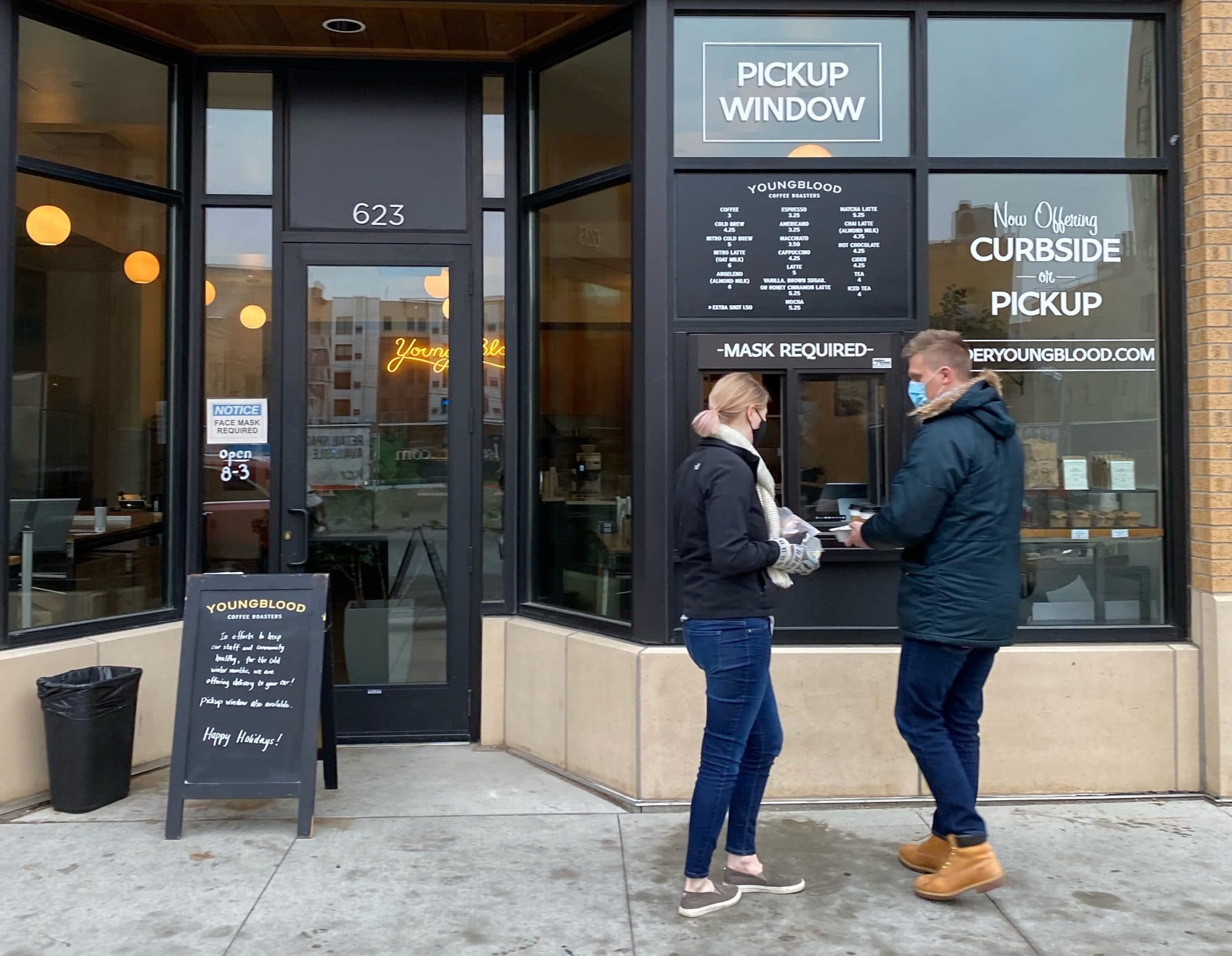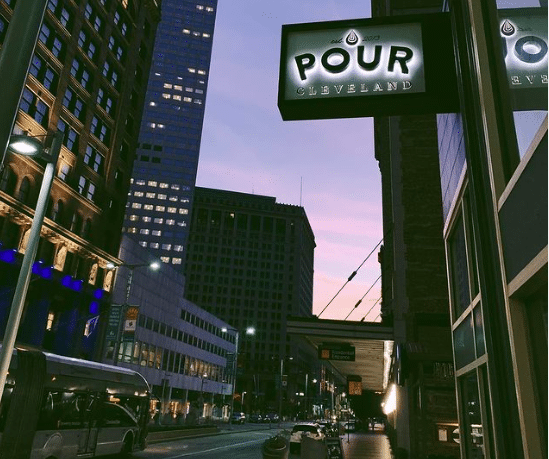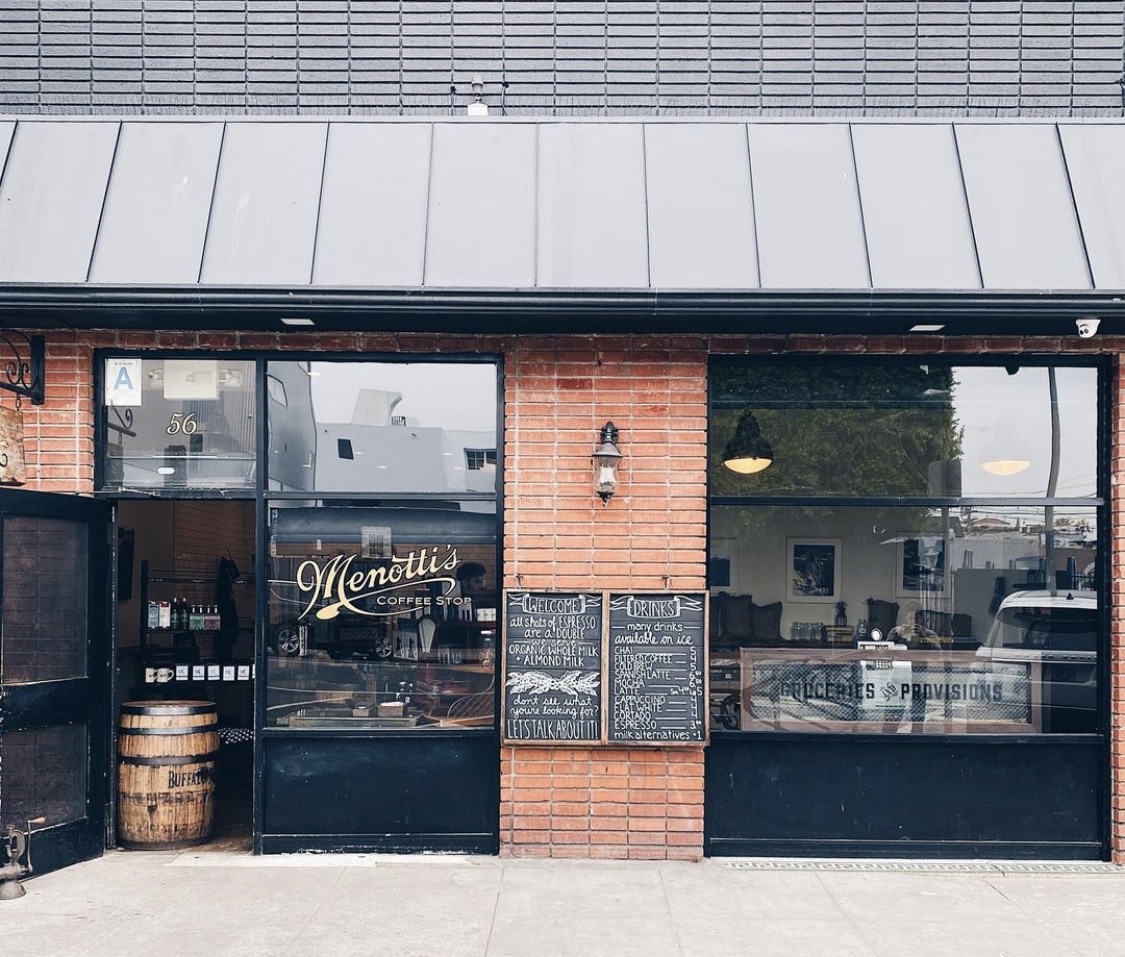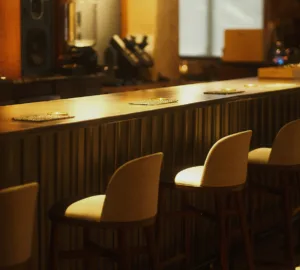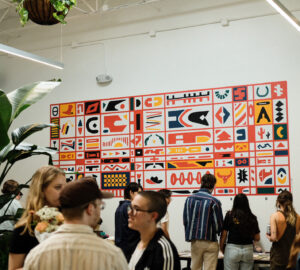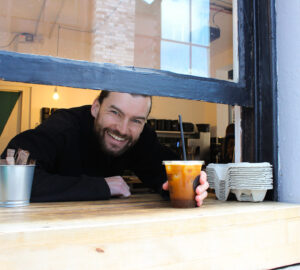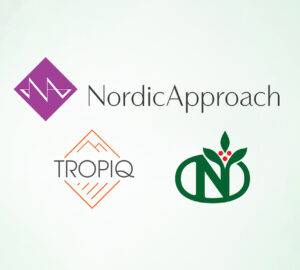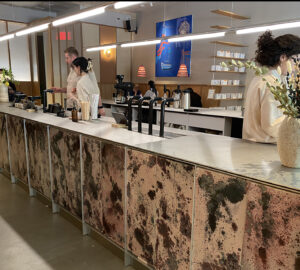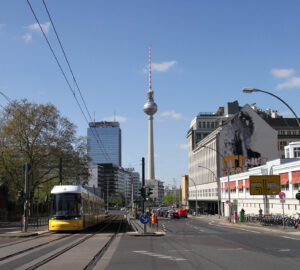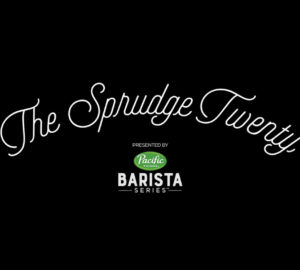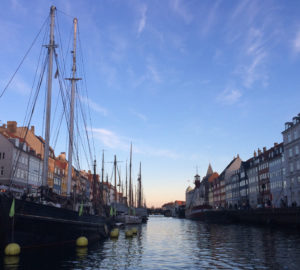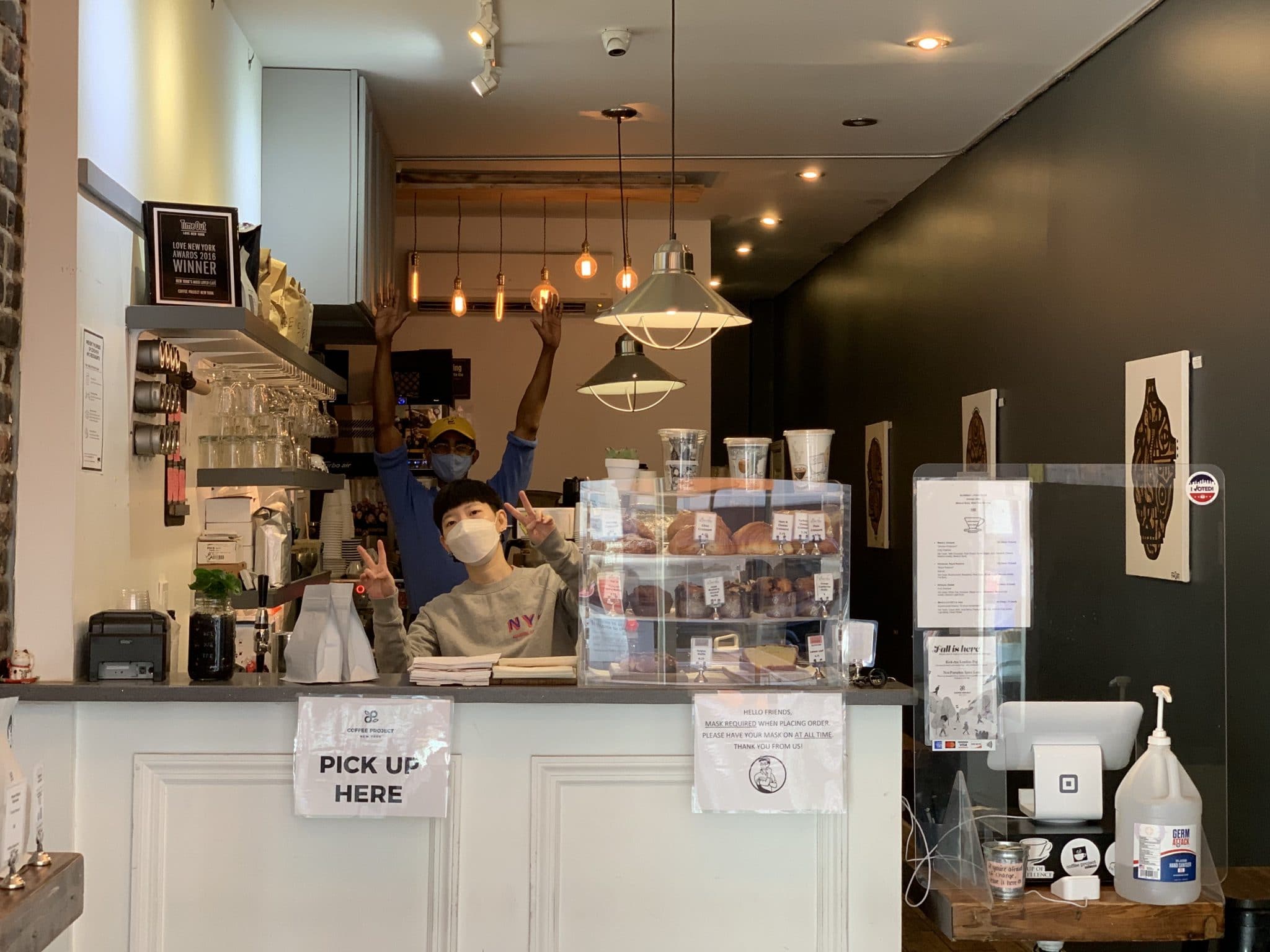
The year 2020 has been an historically challenging year for every sort of small business in the United States, and that includes coffee companies. As part of an ongoing series—past installments include looks at New York City, Florida, Berlin, and South Korea—we checked in with four companies around the country about their recent experiences. Staying afloat, and staying safe, are no small ask here as 2020 comes to a close, but at the same time there are moments of optimism, even hope.
Coffee Project New York, New York City, New York
Sum Ngai and Kaleena Teoh, Owners
Coffee Project New York operates two coffee shops in Manhattan, one in Brooklyn, and a roastery-cafe-education space in Long Island City, Queens.
“On the cafe side, there’s a drastic drop in sales, so we are actually struggling trying to keep all the employees and give them hours,” says co-owner Sum Ngai. “We were probably operating at 30-40% of our original sales numbers,” says her partner Kaleena Teoh of the company’s two Manhattan shops. “Brooklyn didn’t close at all throughout Covid,” says Ngai. “It’s currently the most stable, and because it’s in a residential area, it’s a little more sustainable. The two Manhattan stores have just declined, [and are] pretty much are in the worst state right now. We also opened up in Chelsea, not because we had a choice—we signed a lease right before Covid.”
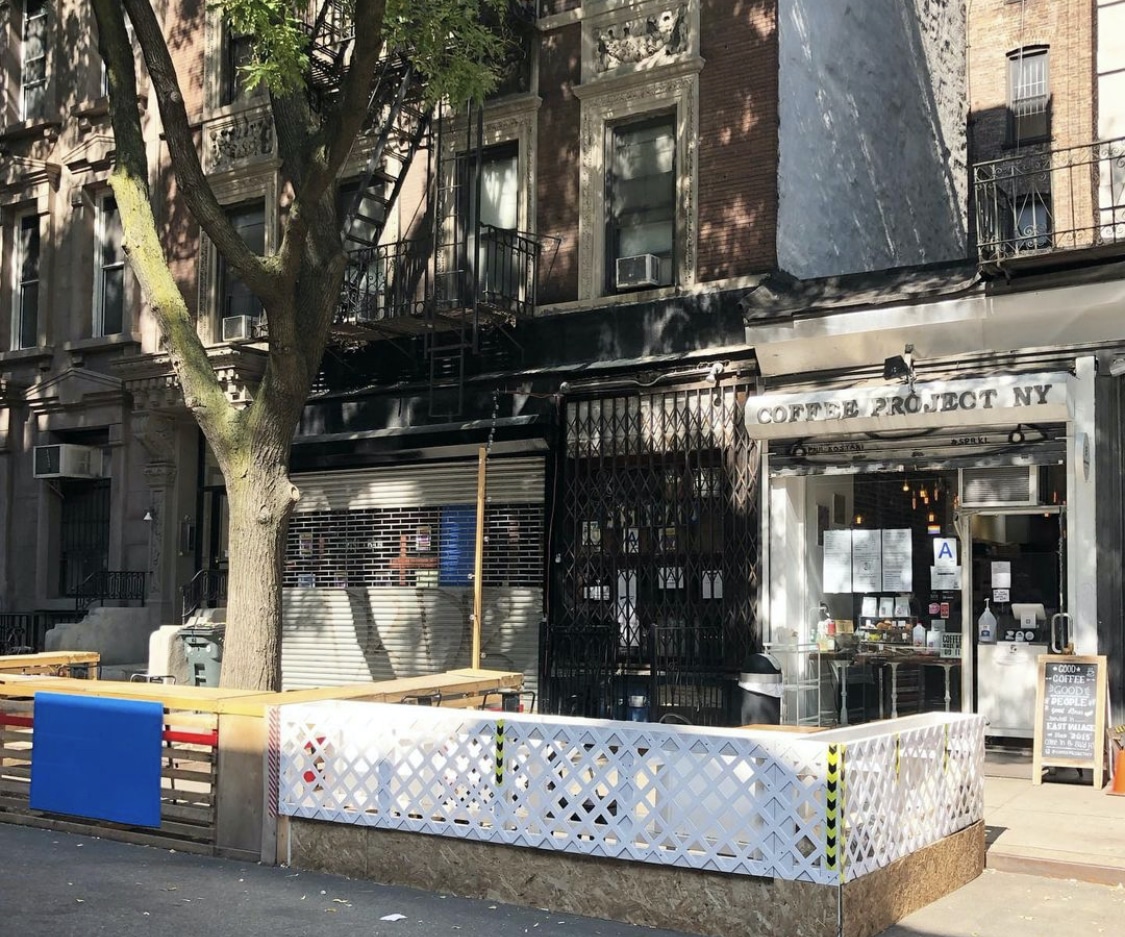
Coffee Project NY’s business model, which includes a certified SCA training lab, has allowed the company to refocus on other ways to generate income, say the partners. “Very early on, once SCA allowed for classes to be conducted online, we started to offer those,” they tell me. “We also have some of our workshops online, so people started taking classes. But because we really wanted to offer a quality education, and send materials out to go along with the classes… we also realized that there was a need in corporate events, because now everyone’s working from home. So we now offer corporate events online, so we’ve done happy hours hours, tutorials, we’ve done online tastings with different companies to try to at least still gain some sort of income to subsidize the loss from walk in stores.”
The company has also been able to use its resources for humanitarian good. “There was a youth group in Boston that reached out, YOU Boston, a youth program that works with underprivileged young people 15-23,” said Teoh. “We’re doing an online coffee class to provide them with some sort of job training, so hopefully when the situation gets better, they’re able to be a little more competitive in the workforce.”
Youngblood Coffee, Fargo, North Dakota
Tim Griffin, Co-Owner
In North Dakota, where as of December, one out of every nine residents had contracted COVID-19 and more than 1 in every 800 has died of the disease, keeping staff and patrons safe—and keeping a business solvent at all—has been a herculean effort. Downtown Fargo’s Youngblood Coffee shuttered in March for the first few months of the pandemic, but when they reopened, says co-owner Tim Griffin, they faced new challenges.
“We reopened with a really strict mask policy which was NOT the norm in Fargo. We were definitely the most vocally outspoken and strict advocates of mask-wearing in our business,” says Griffin. “I would venture to say every single food-related buinesss in downtown Fargo has had to close for Covid once, twice, if not three times,” he adds—except for Youngblood, which has to date reported no cases.
“We still don’t allow seating inside. We’ve found that our business was created around a social environment, we designed it to be a lot of people packed into our space… this [virus] is the worst thing that could happen for our business model. But in an environment like a cafe, there’s no way to regulate how many people come in and try to congregate. We don’t have the budget to hire a door bouncer,” says Griffin. “If 10 college kids come in and try to sit together, we won’t be able to get ’em out!”
The controversy over mask-wearing in states like North Dakota has found Griffin and his wife, Elisha Griffin, on one pole of a politically charged spectrum. “We don’t necessarily wanna be known for this being our thing,” said Griffin of the shop’s well-publicized mask stance. “We just want to talk about what’s going on. We want to be known for our coffee, we want to be known for our excellent customer service/hospitality.”
Meanwhile in Minneapolis, Youngblood attempted to open a second location, a roastery-cafe, in early 2020. After closing for Covid’s first wave, the neighborhood in which Youngblood was located became the epicenter of a nationwide uprising in the wake of the George Floyd murder by local police. Griffin says the location has been unable to recover.
“We tried to reopen in Minneapolis for two months and it just didn’t work. We couldn’t keep staff on. We’re still on the fence as to what to do about that. Right now it’s closed, and we don’t really have any ability to open,” said Griffin.
Back home in Fargo, Youngblood remains open for takeaway service. “We did put in a window, for the winter, it’s so cold we’re afraid of people congregating inside, and it’s hard to say ‘go back out in the 20 below’ so we got a window and we got an app ready to do curbside delivery anywhere within a block, so you can park anywhere within a block and stay warm in your car,” says Griffin. “We’re really hoping that that’ll work, since in the winter we can’t keep the door open and that reduces the airflow and we don’t want people to come inside,” he says.
“But it will get cold here, it will get really cold.”
Pour Cleveland, Cleveland, Ohio
Charlie Eisenstat, Owner
Pour Cleveland’s downtown Cleveland cafe—known for bringing in elite roasters from around the world—has been shuttered since March 2020.
“We made the decision to close the morning right before our governor shut everything down. Because our sales were just falling off like 80% day after day. So I was like, we just can’t function like this,” says co-owner Charlie Eisentat. “We’ve been closed since March 15th or 16th, I don’t think really any of us knew what this whole thing would look like, but after a couple weeks it became clear this was gonna go on for awhile, so we made the decision to just pivot to an eCommerce focus.”
Drawing on the business’ existing relationships with Scandinavian roasters like Tim Wendelboe, La Cabra, and Koppi, Eisenstat and his wife opted to “create an international marketplace for coffee,” offering upwards of 70 SKUs at a time on the Pour website.
The roasters they partnered with were seeing huge traffic on their websites from the US, but were unable to find a practical way to sell coffee to this audience, says Eisenstat. “So we decided to basically offer all these roasters’ entire offerings at any given time at their regular retail prices, so not marked up with any kind of premiums or anything like that. It’s been cool to connect with customers in a different way,” he added, “because that’s what I miss the most about the shop aspect, being behind the bar.”
For now, this is Pour’s new direction, as a brick and mortar location remains in question for the near future. “We will not reopen in our current location. Our lease is up at the end of this month, and unfortunately downtown is going to take some time to recover just because of the nature of Cleveland,” says Eisenstat.
“I was never comfortable with [being open] and my staff too, it’s been tough because I feel a personal responsibility for their well being and not being able to open back up has been really difficult in terms of not being able to employ them. But I’ve spoken to all of them and pretty much all of them have said that they were happy that we didn’t stay open because they didn’t feel safe.”
Menotti’s Coffee Stop, Santa Monica, California
Christopher “Nicely” Abel Alameda, Head Barista
In sunny Los Angeles, Menotti’s Coffee Stop operates two locations, one in Venice and one in Culver City. Though the shops closed for three weeks in spring, they’ve been open with safety measures in place most of 2020.
“Both locations we have provide some different challenges and communities to cater to,” says Alameda. “Venice feels a little bit like a free-for-all at times with folks from all over varying in their willingness to abide by state mandates as they walk up or exist around it. Culver City has had more guests willing to go the order ahead route feeling safer to socially distance.”
Both locations, Alameda adds, are still only doing about half the business—maybe 80% on a good day—as pre-pandemic times.
Though both cafes are closed for indoor dining, Alameda says they’d been managing to keep a sense of community. “We’d been able to re-establish a bit of our culture before the most recent lockdown and restriction on outside dining,” he says. “We still have a lot of regulars opting to create their own pop-ups with seating right next to their cars to responsibly socially distance with other guests. The community will not be denied!”
Alameda says his biggest hope for the shops is to see the return of outdoor table space, currently illegal in Los Angeles, in early 2021.
“The double standard for the film industry vs. the restaurant industry has caused many to scratch their heads and or lose all composure completely. There are huge tents erected in much of the same manner that alfresco dining has been embraced by restaurants for catering to film and production crews. That is deemed acceptable by LA, but not for cafes or restaurants. There are businesses literally fighting for their lives, but the shows must go on?!”
Liz Clayton is the associate editor at Sprudge Media Network and is based in New York City. Read more Liz Clayton on Sprudge.
Images courtesy the cafes.











